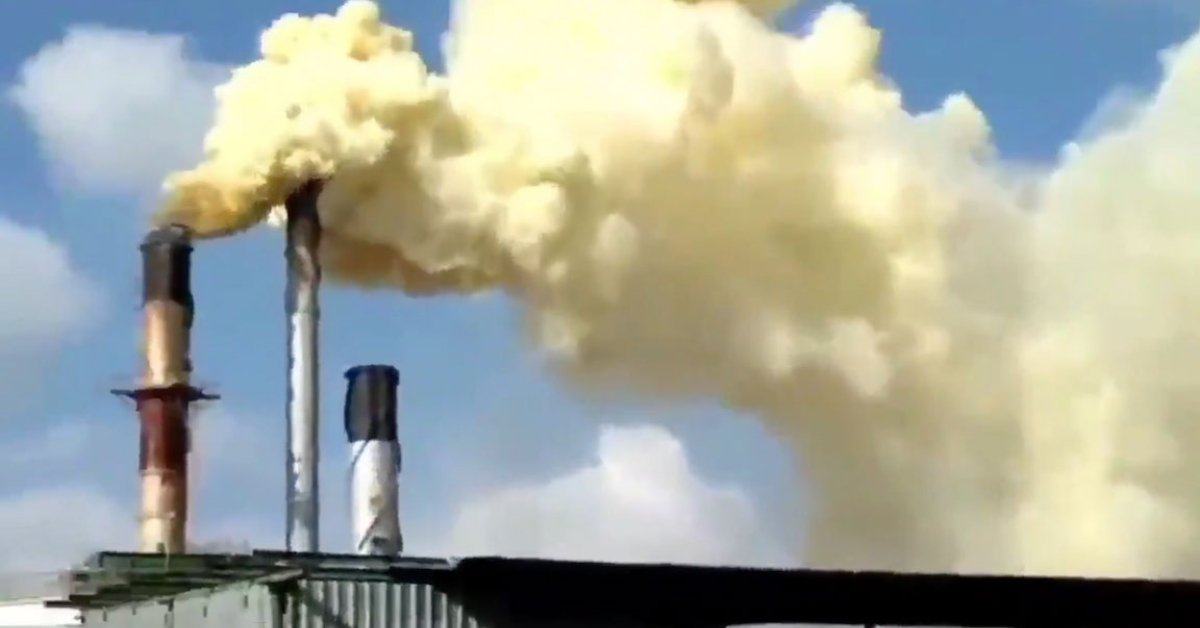One of the highlights of the long-awaited UN climate change convention, held last week, was the ambitious emissions targets announced by Mexico, proudly presented by the country's foreign secretary, Marcelo Ebrard, along with US special presidential envoy John Kerry.
There is only one problem. Energy experts do not view Mexico's commitment to cut carbon emissions by 35 percent by 2030 as indicative of a policy change, but rather as a political maneuver in a long-running trade dispute with its northern neighbor.
Under the leadership of President Andrés Manuel López . . .






